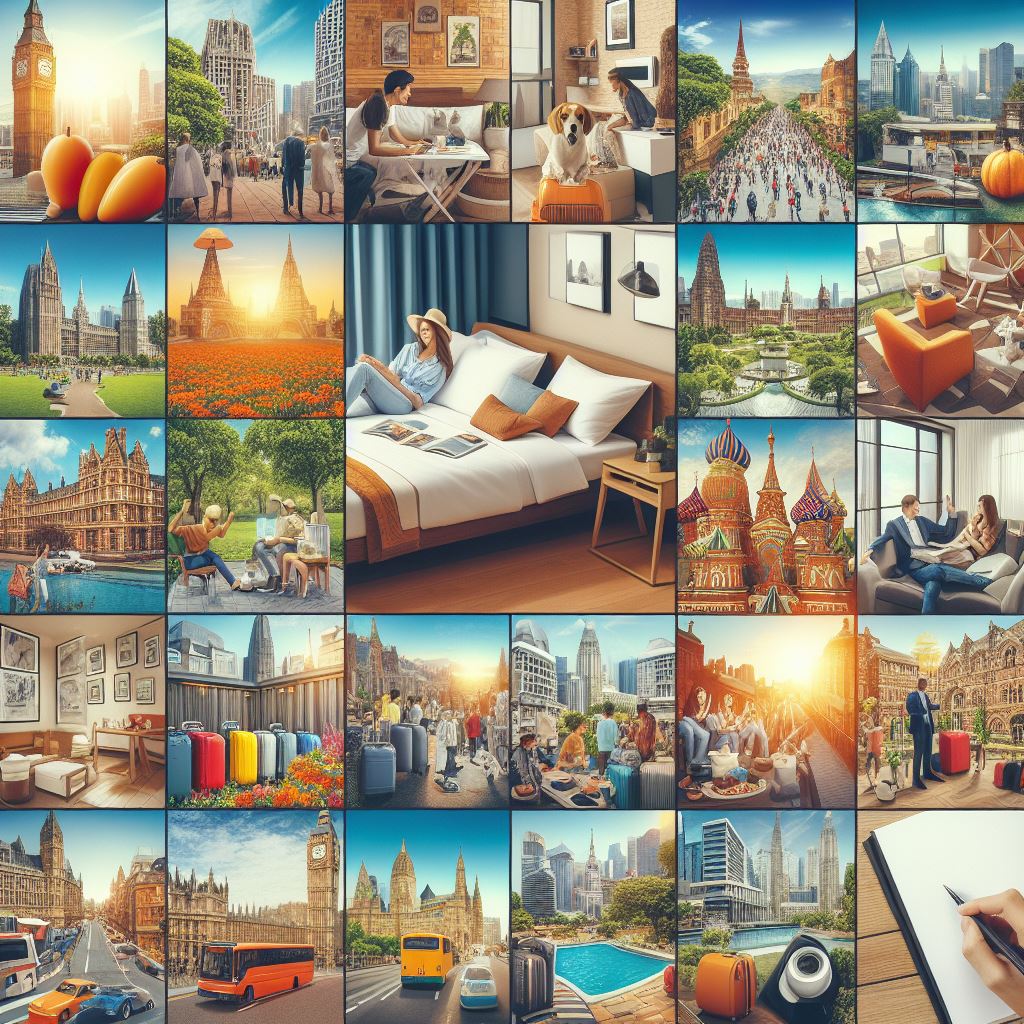The Comfort of Residencies During International Travels
Traveling to another country is an adventure that offers a blend of excitement, cultural immersion, and the opportunity to explore new landscapes. However, the comfort of one’s accommodation plays a pivotal role in the overall travel experience. Residencies, as opposed to hotels or hostels, offer a unique set of advantages and challenges for international travelers. This article explores the comfort levels of residencies during international travels, providing insights into what travelers can expect.

Introduction to Residencies
Residencies, or residential accommodations, range from apartments and houses to condominiums that travelers can rent during their stay in a foreign country. Unlike hotels, residencies often provide a more home-like atmosphere, equipped with kitchens, living rooms, and multiple bedrooms, offering travelers a sense of home away from home.
Advantages of Residencies
- Space and Privacy: Residencies typically offer more space than a standard hotel room. This is especially beneficial for families or groups traveling together, as it allows for common areas to socialize while also offering private bedrooms.
- Cost-Effectiveness: For longer stays, residencies can be more cost-effective than hotels. With the ability to accommodate more individuals in a single space and the availability of a kitchen to cook meals, travelers can save significantly on accommodation and dining costs.
- Cultural Immersion: Living in a residential area provides a deeper dive into the local culture. Travelers get the chance to shop at local markets, cook local cuisine, and interact with neighborhood residents, offering a more authentic travel experience.
- Amenities: Many residencies come with amenities such as laundry facilities, a private pool, or a garden, enhancing the comfort level during the stay.
Challenges of Residencies
- Lack of Services: Unlike hotels, residencies typically do not offer room service, daily housekeeping, or a 24-hour reception. This means travelers must be more self-sufficient, managing cleaning, cooking, and problem-solving on their own.
- Location: While some residencies are centrally located, others may be situated in residential areas far from tourist attractions, requiring more planning for transportation and sightseeing.
- Quality and Standards: The quality and maintenance standards of residencies can vary widely. Unlike hotels that have standardized ratings, residencies rely heavily on owner descriptions and traveler reviews, which may not always provide a complete picture.

Tips for Choosing the Right Residency
- Read Reviews Carefully: Look for recent and comprehensive reviews that detail both the positives and negatives.
- Check the Location: Use online maps to verify the proximity of the residency to public transport, attractions, and services.
- Understand the Amenities: Confirm the availability of essential amenities that matter to you, such as Wi-Fi, air conditioning, or a washing machine.
- Communicate with the Host: Don’t hesitate to ask the host questions about the property, the neighborhood, and any specific needs you might have.
FAQs
Q: Are residencies safe for international travelers?
A: Yes, residencies can be very safe. However, it’s important to research the neighborhood, ensure the property has good security measures, and follow any advice or guidelines provided by the host.
Q: How do I deal with language barriers when staying in a residency?
A: Many hosts speak English or use translation apps. Communication platforms often have built-in translation features that can help bridge the language gap.
Q: Can I trust the photos and descriptions of residencies online?
A: While most listings are accurate, it’s crucial to read reviews and possibly contact the host for additional verification or more recent photos.
Q: What should I do if I encounter issues with my residency?
A: Contact the host immediately for any concerns or issues. If the problem is not resolved, reach out to the platform’s customer service for assistance.